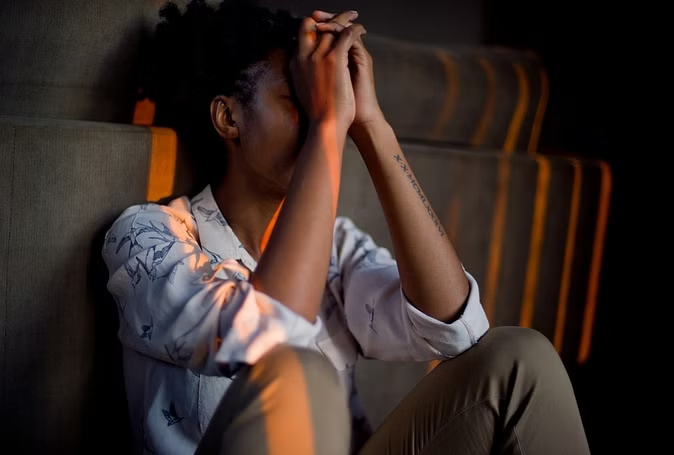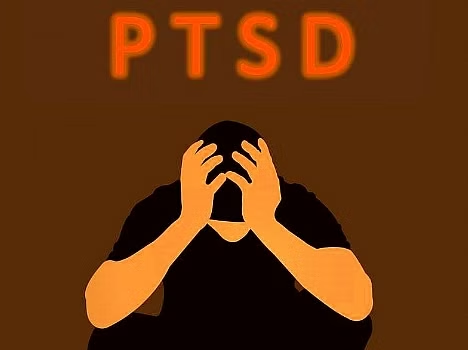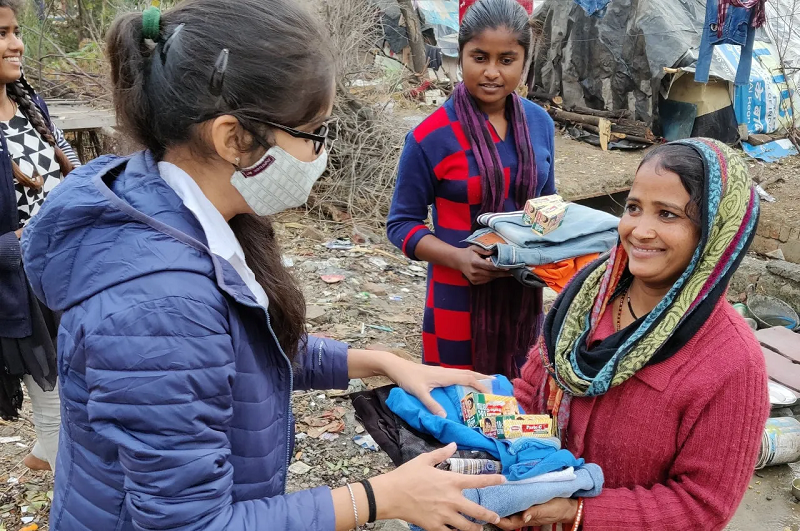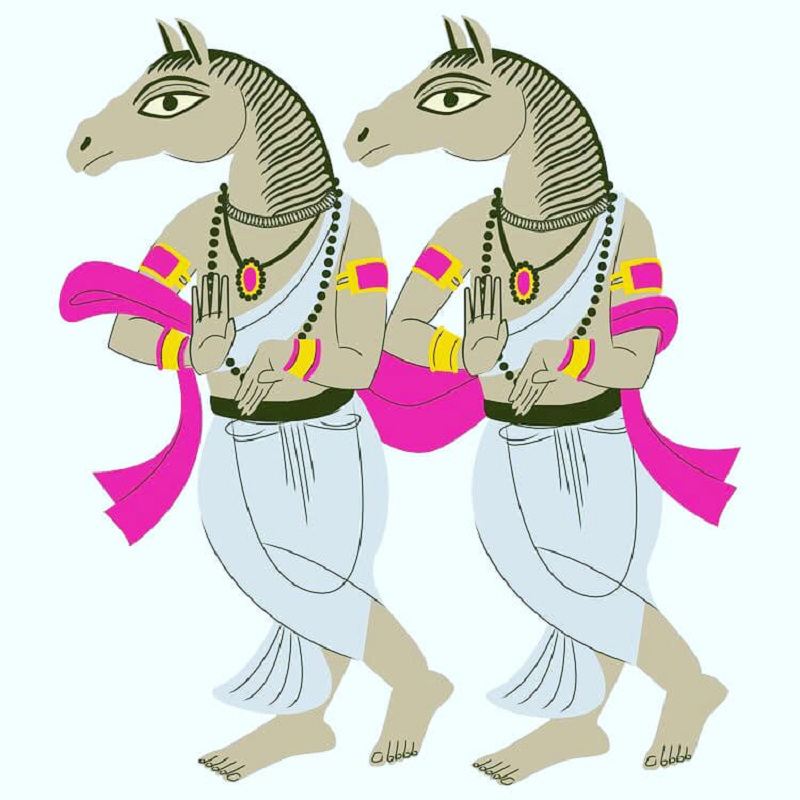The explosion in a firecracker factory in the Harda district of Madhya Pradesh on Tuesday (February 6) has filled people with panic. More than 14 people died in the accident, and a large number of people also became disabled. After the blast, someone's severed hand was found lying somewhere and someone's toe was found lying somewhere. People who saw the scene of dead bodies falling far away and the devastation that spread within a few minutes were in shock.

The horrific scenes of explosions and blasts along with screaming voices are still echoing in the ears of the local people even after several hours have passed since the accident. With time, the situation will become normal again, but the horrific scene created by the accident may have long-lasting consequences.
If we look at such horrific accidents that have taken place in the country and the world in the past, we find that the side effects remained with the eyewitnesses and local people for years. Health experts say, due to such accidents, the risk of mental disorders also increases in a large number of people.
Local people may be at risk of PTSD
Mental health experts have warned that after the accident in Harda, the risk of developing PTSD (post-traumatic stress disorder) problem may increase among the local people. There may be a risk of long-term side effects from this accident.
PTSD is considered to be the main cause of diseases like anxiety disorder, severe depression, insomnia, high blood pressure, etc. There is a possibility that the people of Harda may be more prone to these disorders.
What do psychiatrists say?
While talking to Amar Ujala, Bhopal-based psychiatrist Dr. Satyakant Trivedi says, a surge in the figures of PTSD has been seen among the local people in places that have faced horrific scenes like blasts, and natural disasters. In the coming months, people in Harda and surrounding areas may also be at risk.
Adverse circumstances have been a major factor in PTSD. People who are going through these adverse situations can seek professional advice if they are having trouble controlling their emotions. The local medical department also needs to pay serious attention to the mental health of the people.
People who are reading this article through Amar Ujala should also remain in constant touch with their friends and relatives in Harda. Support from loved ones in negative situations can help prevent mental health disorders.

What is the problem of PTSD?
Post-traumatic stress disorder (PTSD) is a mental health disorder resulting from a traumatic event. People who have experienced or witnessed a horrific accident are at greater risk. PTSD can cause persistent flashbacks of the event, accompanied by nightmares and severe anxiety, as well as uncontrolled thoughts about the event.
In many people, this type of problem can persist for months and years. The condition of PTSD can become a hindrance in daily functioning and there is a danger of it affecting the quality of life.
The special role of relatives and friends
Dr. Satyakant explains, that for PTSD victims, your job, relationships, health, and enjoyment of everyday activities also start decreasing. The risk of disorders like depression and anxiety, and drug or alcohol abuse may also increase.
Relatives can play a big role here. Support from relatives and peers can help reduce stress and prevent PTSD from developing. People facing accidents need to take care of their mental health.
(PC: iStock)










